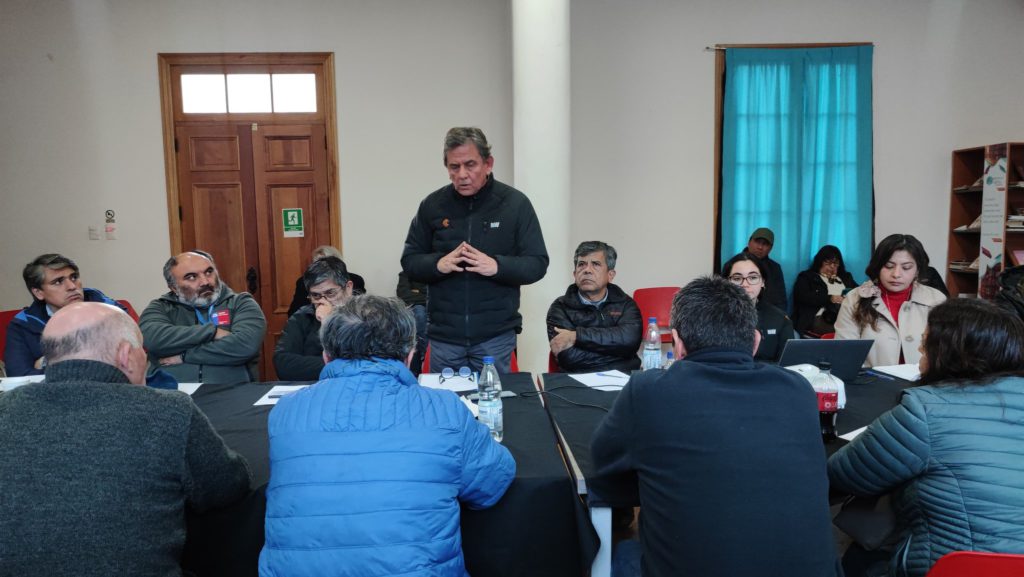Heavy rains in Chile cause mining tailing overflow

As heavy rains continue to pummel Chile, cutting off areas of the country and damaging thousands of homes, one community is dealing with a tailings dam rupture that has sent heavy metals throughout the community and nearby water supplies.
A tailings dam belonging to copper miner Las Cenizas in central Chile began overflowing overnight on June 13 due to heavy rains and put nearby water sources, including the La Ligua river at risk of “adverse effects,” Chile’s environmental SMA agency said in a statement.
“Sediment from the tailing was dragged through creeks and fell on some houses. This has been very worrying for the community,” said Victor Donoso, the mayor of Cabildo said on Saturday. “Nobody likes living with a tailing dam right behind them.”
Chile is the world’s largest copper producer and Cabildo is an agricultural area that is known for producing avocados and many residents are worried about the impact the overflow will have on their livelihood.
Citizens expressed their worries in meetings with government officials and representatives from the mining company, which were working to rebuild the containment wall the overflowed last week.
“I recognize there were some errors in our management,” Andres Monarde, operations manager for Las Cenizas, told residents on Saturday. “But let’s take a step forward together.”
Donoso said a formal complaint has been sent to the environmental regulator to see the impact the overflow has had on agriculture, houses and water sources.
“The little I used to water my fruit trees, fill the pond, the avocados, the tailing burst and it got contaminated,” said Jose Olmos, a local farmer. “The tailing brings heavy metals, like lead arsenic and a lot of metals. This is irreversible, I won’t be able to use it anymore.”
(By Rodrigo Gutierrez, Ivan Alvarado and Alexander Villegas; Editing by Marguerita Choy)
{{ commodity.name }}
{{ post.title }}
{{ post.date }}




Comments